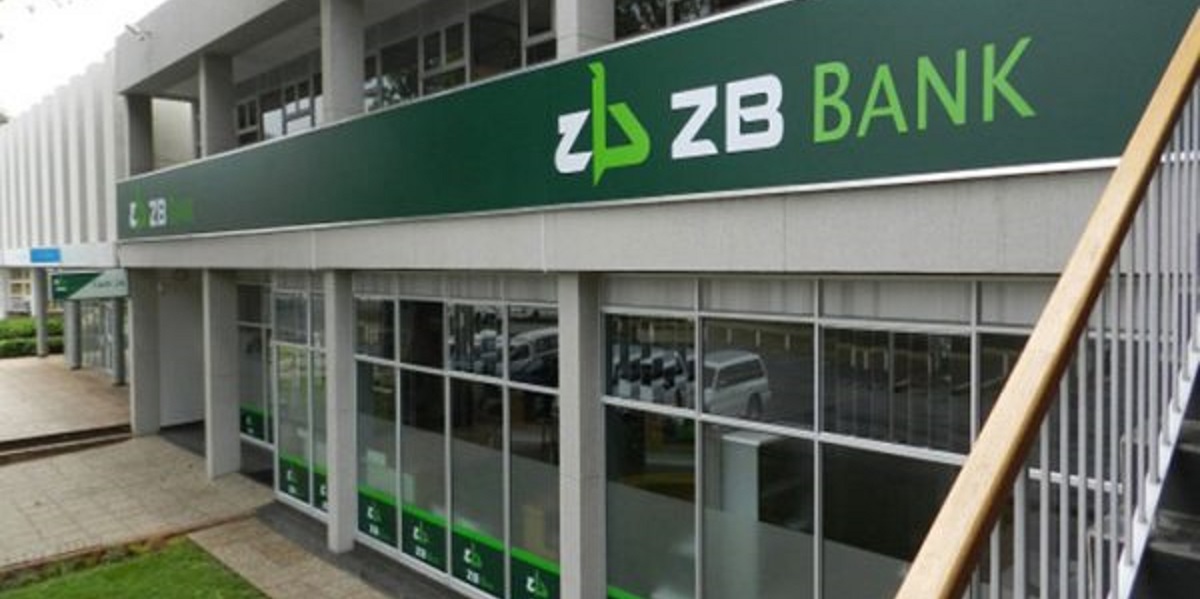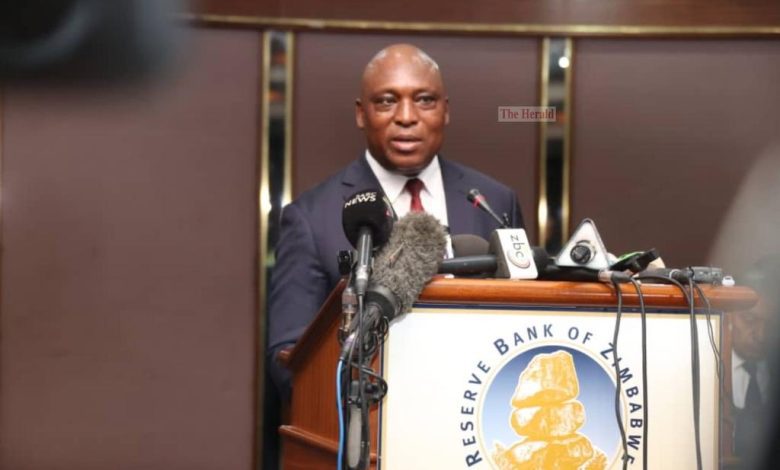Zimra blitz: Bulawayo traders plead for leniency
INFORMAL traders’ associations have pleaded with the authorities to engage traders to find sustainable ways of enforcing compliance with taxation laws without closing their business premises.
This comes after the Zimbabwe Revenue Authority (Zimra) recently shut down the Mutize Flea Market and Unity Village in Bulawayo as part of its blitzkrieg against tax evaders,.
The flea markets house hundreds of informal traders in Bulawayo.
There is no indication regarding how long the revenue authority will take to complete the evaluation of the liable taxes from the affected individuals for the undeclared goods.
Zimra blitz in Bulawayo is part of nationwide campaign by authorities to stamp out smuggling and growing informality, which is threatening the viability of established operators and fiscal revenue.
The growing scourge of informality has also fuelled illegal trade in counterfeit goods, which pose a serious existential threat to local companies and weigh on economic growth.
The affected traders said harsh interventions such as the impromptu closure of their trading premises had seriously disrupted the source of livelihoods for many families.
In an interview, Bulawayo Vendors and Traders Association (BVTA) executive director Mr Michael Ndiweni said the closure of the flea markets had negatively impacted the livelihoods of several families as this was their only source of income.
However, he said as an association, they had engaged the tax authority to find a mutual mechanism for enforcing taxation laws to ensure that peoples’ livelihoods do not suffer.
“We have engaged Zimra and our prayer has been that people must be aware that they are coming to inspect so that they prepare and put things together.
“But the closure of the market means that people will not be working for some time and that is a serious impact on the livelihoods of those people that work there, and that is the sad part of the whole operation,” he said.
Mr Ndiweni said they were trying to raise awareness among the micro-entrepreneurs of the risks associated with selling goods with no proper papers.
“We know the implications of that, and we have been encouraging some through the Bulawayo MSMEs working group to say when they are ordering stuff they should ensure that at least they have a paper trail to prove the source of their goods particularly around the issue of declaring,” said Mr Ndiweni.
Informal trading is now a key source of livelihood for many. However, most traders sell smuggled products, which explains their affordability or low prices.
Mr Ndiweni said stimulating local production could help reduce the scourge of smuggling and create other employment opportunities to support livelihoods.
“Internally, we are trying to see how we can also stimulate local production, we are looking just beyond those selling new clothes. We are also aware that there has been an operation targeting those who are selling second-hand clothes and we are trying to group those women and men in order to support them with sewing machines to start producing alternative goods for instance uniforms and other garments that they can sell locally without having to import second-hand clothes,” he said.
Mr Ndiweni said they were concerned about how the Zimra flea market closure had affected families’ livelihoods.
“The side of enforcement of the laws may not be adequate if there is no dialogue hence the need for Zimra to engage the traders so that there is a win-win between the parties.”
Bulawayo Chamber of SMEs programmes co-ordinator Mr Nketa Mangoye Dlamini said the closure of the flea markets and other facilities that house informal traders and SMEs affected immediate owners of the businesses.
He said that after closing their businesses, many of the traders fail to recover from the associated losses, which may negatively affect many households.
“As a way to manage the situation, I think when Zimra gets to such places where people cannot produce documentation to trace their products, instead of shutting down businesses, I believe, Zimra should create a formula, where they can try to assess the potential prejudice as a result of non-declaration of these goods and charge a penalty tax on those people instead of closing down their businesses,” said Mr Dlamini.
“Simply do the calculations of the value of the stock using whichever formula is acceptable, then they hit people with real tax, then they agree on payment arrangements whilst people continue with their business.”
The association also said it was critical to conduct awareness campaigns so that the traders know the importance of complying with Government policies.-chroncile









